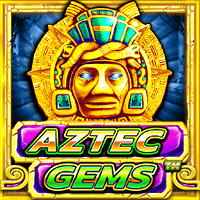Enjoy more products and great features on the app.

NAGAEMAS99 : Kenyamanan Bermain Di Situs Slot Online Terpercaya RTP Tertinggi
Select options
Slot Online Bet 400
Specifications
Customer reviews (5.3K)




















NAGAEMAS99 Slot Online Terbaik di Tahun 2025

NAGAEMAS99 adalah pilihan terbaik bagi para pecinta permainan slot. Dengan bermain di situs ini, Anda dapat merasakan kenyamanan dan keamanan yang tinggi. Selain itu, RTP (Return to Player) yang tinggi juga memberikan peluang besar bagi para pemain untuk mendapatkan kemenangan yang lebih besar. Nagaemas99 menawarkan berbagai jenis permainan slot yang menarik dan menghibur, serta dilengkapi dengan fitur-fitur modern yang membuat pengalaman bermain semakin menyenangkan. Dengan sistem keamanan yang canggih dan layanan pelanggan yang profesional, Nagaemas99 menjamin bahwa setiap transaksi dan data pribadi pemain akan terjaga dengan baik. Selain itu, situs ini juga menyediakan berbagai bonus dan promosi menarik yang dapat meningkatkan peluang kemenangan Anda. Jadi, jangan ragu untuk bergabung dengan Nagaemas99 dan rasakan sendiri sensasi bermain di situs slot online terpercaya dengan RTP tertinggi.